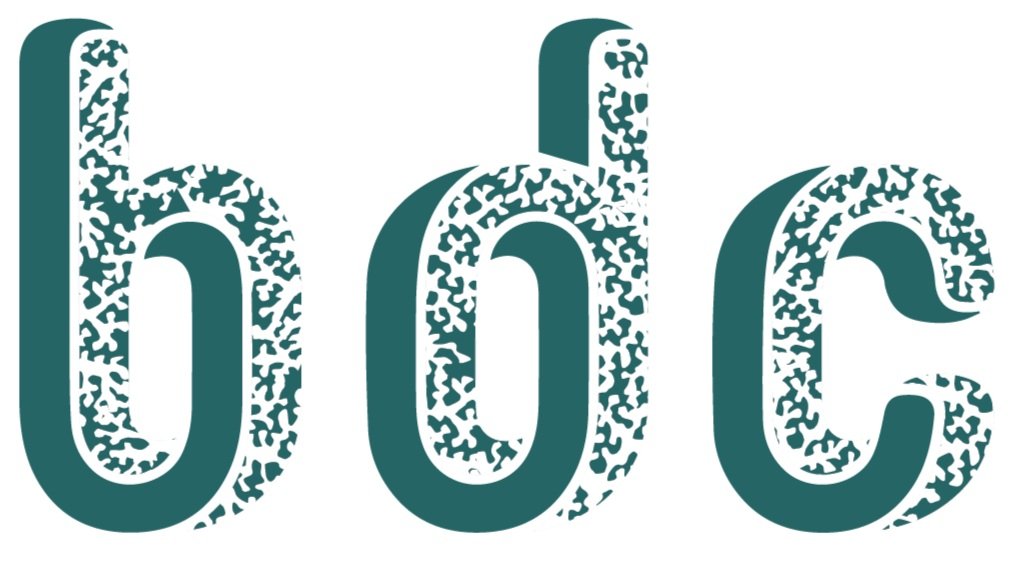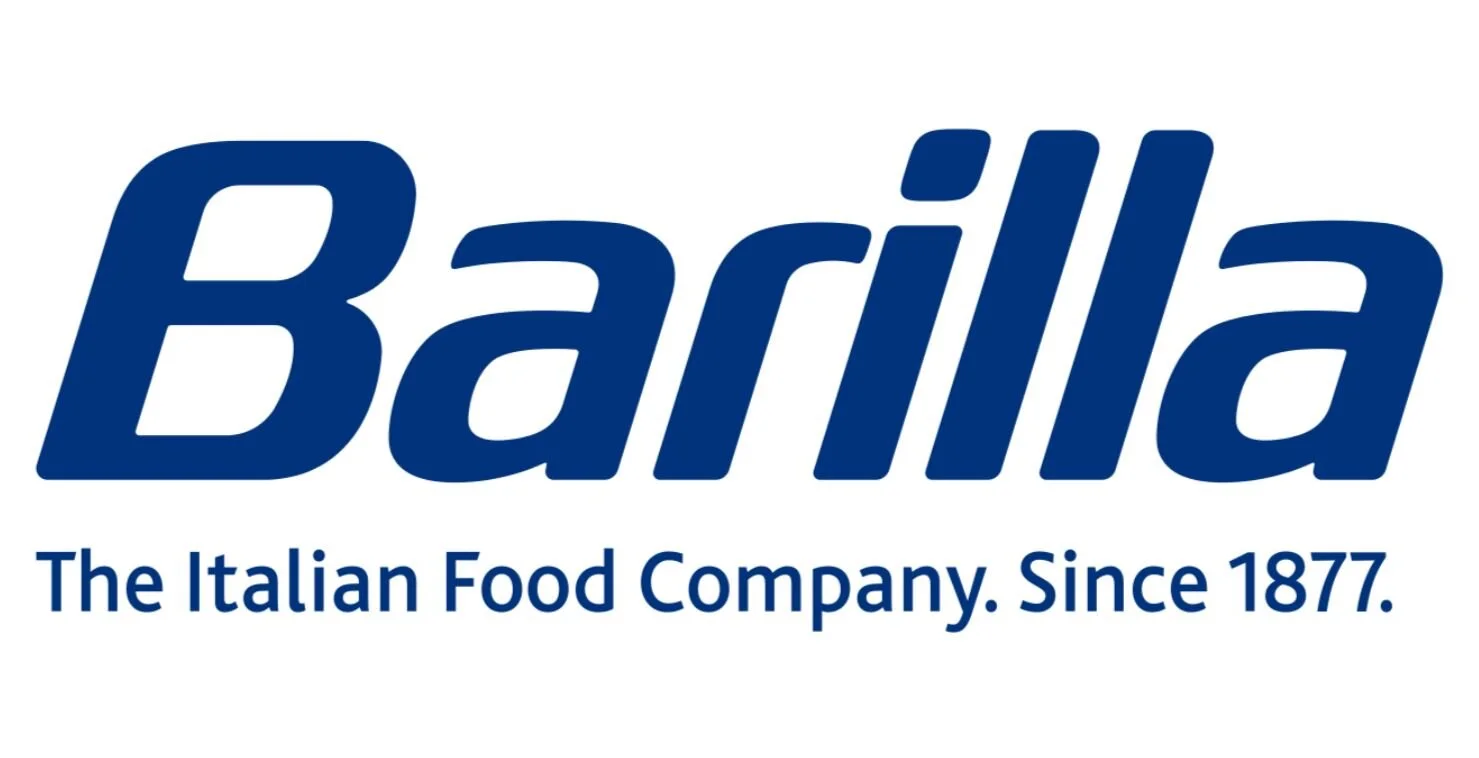Q&A with...
Michela Petronio, Vice President at Blu1877
BDC: “Good for you, good for the planet” is Blu1877’s vision for a more sustainable food future. What inspired you and the team to develop this philosophy?
Michela Petronio: Blu1877 is Barilla’s venture arm. It invests in the most interesting and innovative ideas in the food sector that aim to help people enjoy better lifestyles and build a better planet for future generations. Barilla was founded in 1877, but Pietro Barilla led the transformation from a regional pasta company into a growing international food leader in 1975. Pietro was well known for telling his employees to “give people the food you would give to your own children.”
Since then, this concept has become a mantra in our organization. Over the years we have outlined a journey, summed up in the “Good for You, Good for the Planet” mission, which guides us, step by step, to bring the world food that is good, nutritionally balanced, sourced from responsible supply chains, and inspired by the Italian lifestyle and Mediterranean diet.
BDC: Barilla and BDC are collaborating on the Regenerative Living Ecosystems Prize. Why is systems thinking around food so important for human wellbeing?
MP: As a global food industry leader, Barilla has a responsibility to make a tangible contribution to the numerous social and environmental challenges outlined by the United Nations’ Sustainable Development Goals. If we look at the big problems we are facing related to food consumption, we immediately realize that we can solve such problems only if we take a systemic approach. For instance, we still have a huge part of the world undernourished while many others are suffering lifestyle related diseases connected to overconsumption.
We also waste food in the “developed” world, but we cannot share this food to feed all the people in need on the planet. We cannot solve a single problem at a time as most of them are interrelated. So in order to tackle the huge challenges we face we need to involve all the actors of the supply chain and all the stakeholders.
BDC: How does design fit into solving these global challenges?
MP: I like to think about design as a tool to solve big and complex problems. Design puts the user at the center of the equation. The food system we live in is very complex—it was not designed to intentionally cause the problems we have today. Originally, it was developed with the intention to solve different problems, like bringing people food that was not available at the time. Years ago, resources, such as the land, were considered unlimited, but that of course is not true. I see designers as precious resources. They can contribute with their unique problem solving capabilities. That‘s exactly what we need now!
BDC: Can you describe the Mediterranean approach to healthy eating, and can it be replicated on a broader scale?
MP: The Mediterranean Model is one of the few nutrition models that has broad international scientific consensus. Today it is endorsed by many public health stakeholders as one of the healthiest lifestyle patterns. It‘s interesting because it actually doesn’t exclude any specific food. There are no good foods or bad foods, but only foods that should be eaten more or less frequently.
The model favors a diet based on grains, vegetables, fruits, pasta, legumes, nuts, olive oil, and a moderate amount of proteins. It is represented as a pyramid: at the base there are the foods we should consume more often and at the top the foods that we have to choose only a few times a week. It’s also mostly a plant-based or flexitarian model that may include moderate amounts of fish, lean meat, dairy, and sweets once in a while.
It is worth noting that the Mediterranean Model is more than a dietary pattern. It can also be considered a lifestyle model since it is based on the way of living in the Mediterranean in the mid-1900s. It promotes mindfulness about the emotions that food can trigger and the act of eating together, an important social interaction increasingly associated with health benefits.
BDC: You have a background in technology and innovation. How do you balance novel eating experiences with what feels traditional and familiar when it comes to food?
MP: I don’t see any reason to have to balance traditional versus novelties. The beauty of food is that you can make different choices. I am always curious to try any new or traditional food providing it is safe, healthy, and has ingredients sourced in a sustainable way.
BDC: What advice do you have for young scientists and designers who want to improve food systems and culture?
MP: The accelerating rate of climate change and indiscriminate exploitation of natural resources have a significantly negative impact on the environment and food production. Barilla, as any other player in the food system, must address the issues of nutrition, cultivation models, production, responsible consumption, and food waste. However, every single person has a specific responsibility and role as a consumer when it comes to food choice. Any time we buy a food product, we make a choice that has an impact, not only on our health, but also on the health of the planet.
Younger generations of scientists and designers can be mindful consumers and bring new perspectives to find solutions. They were born on a burning planet, and they feel the urgency. But they are also maturing in an era of unprecedented scientific progress with access to the latest technology, and the ability to collaborate in a hybrid real/virtual world. The food space is huge. From seed to fork, there are endless opportunities to innovate products and services to improve our lives on this planet!
Resources Recommended by Michela:
I recommend the library of publications from the Barilla Center for Food and Nutrition and this short course about an overview of the challenges and opportunities of the agricultural sector in the Mediterranean basin.
About Michela
Michela Petronio, MS in Food Science and Technology, has held various positions in the Barilla Group in the Research, Product, and Business Innovation Areas. She has dedicated her career to expanding and strengthening the company's core knowledge through proprietary developments and external alliances around the world. In recent years, she has been actively involved in the Startup FoodTech community, founding and leading Blu1877 Barilla Venture Arm. To this end, it is devoting all its current efforts to help the next generation of young entrepreneurs grow a more sustainable food system.
Barilla is an Italian family-owned food company. Established in 1877, it’s now an international Group present in more than 100 countries. A world leader in the markets of pasta and ready–to–use sauces in continental Europe, bakery products in Italy, and crispbread in Scandinavia, the Barilla Group is recognized worldwide.


